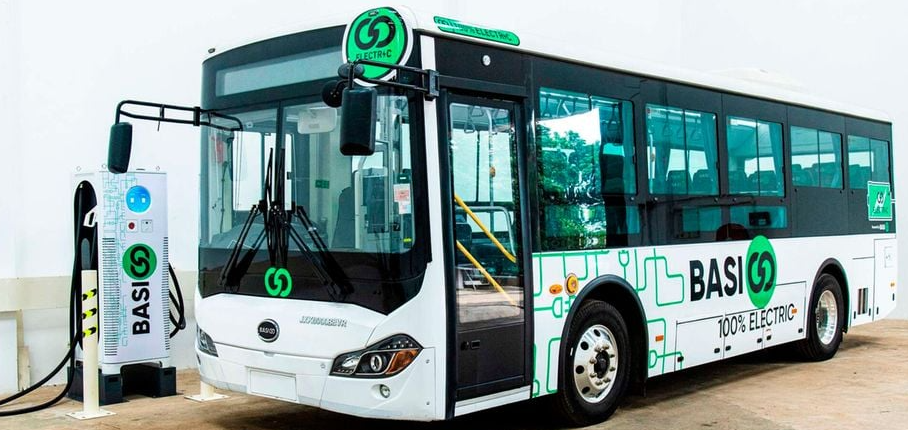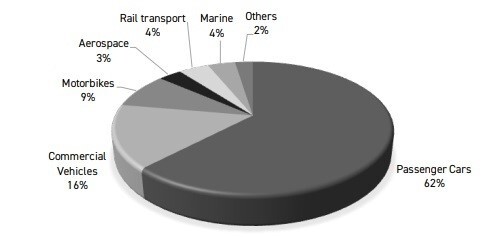

A Kenyan electric bus company headquartered in Nairobi, BasiGo, has secured a substantial order for 500 buses from public service vehicle (PSV) operators in Nairobi. This significant influx of orders marks a monumental leap for the company, catapulting its bus sales to nearly 24 times their current volume.

Jit Bhattacharya, the founder and CEO of BasiGo, expressed enthusiasm about the development, noting that the firm has already received deposits for the orders. Bhattacharya emphasized the company's commitment to promptly fulfilling these orders and delivering the buses to the buyers as expeditiously as possible.
As per AL Circle's new industry-focus report - "Global ALuminium Industry Outlook 2024", aluminium usage in the transportation sector stood at 27.5 million tonnes in 2023. The demand is likely to reach 28.2 million tonnes in 2023.

While the rise in aluminium usage in traditional cars is mainly attributed to the weight reduction benefits, the surge in aluminium demand for EVs is equally influenced by innovative applications beyond the use of aluminium body sheets. This shift highlights a broader transformation in the automotive industry as it adapts to the unique requirements of electric vehicle technology.
Kenya's inaugural assembly line for electric buses
Last week, BasiGo inaugurated Kenya's inaugural assembly line for electric buses at the Kenya Vehicle Manufacturers plant in Thika. In response to escalating demand, Mr Bhattacharya disclosed plans to ramp up bus assembly to 20 units per month.
Highlighting the immense growth potential, he noted that the recent orders from PSV owners constitute merely three per cent of the total public transport buses in the city. This presents BasiGo with a compelling opportunity for further expansion.
"We have sold 21 buses since we began operations and therefore this is a big step up," stated Mr Bhattacharya during the Second E-mobility Stakeholders' Conference and Exhibition in Nairobi.
In Kenya, the adoption of e-mobility has witnessed rapid growth, which is evident in the exponential increase in registered electric bicycles, motorcycles, three-wheelers, passenger cars, and buses over the past year. However, the inadequate charging infrastructure nationwide is a significant hurdle hindering a swifter transition to EVs.
To address this challenge, both EV companies and energy parastatals have entered the fray, aiming to bolster the uptake of e-mobility. On Monday, Kenya Power announced a substantial investment of Sh258 million earmarked for procuring electric vehicles and establishing associated infrastructure within the next three years. Additionally, the government has pledged further incentives for the sector, including tax breaks, to enhance the competitiveness of electric vehicles in the market.
Responses








